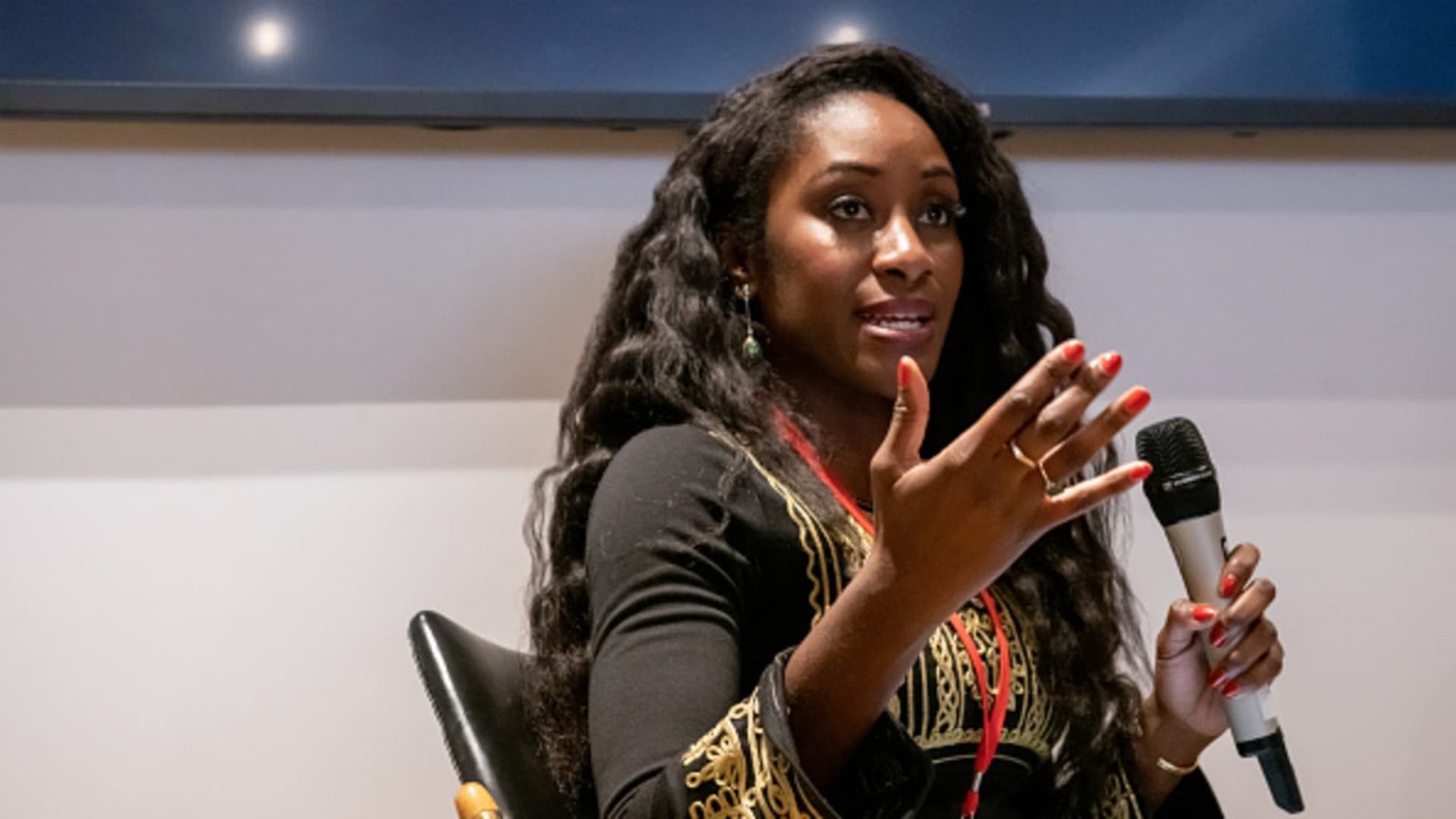Karen Attiah, co-chair of the National Association of Black Journalists annual convention, resigned her position due to the organization’s decision to have former President Donald Trump speak at the event. Attiah, a columnist for The Washington Post, was not consulted about the decision to invite Trump and expressed her discomfort with the platforming of the controversial former president. NABJ, founded in 1975, has hosted numerous prominent speakers in the past, including former Presidents Barack Obama, George W. Bush, Bill Clinton, and former Secretary of State Hillary Clinton.
Following the announcement of Trump’s participation at the convention, Washington correspondent Tia Mitchell defended the decision as consistent with the organization’s practice of inviting presidential candidates. Mitchell, a member of NABJ’s political task force, stated that she worked to create opportunities for journalists to interview the potential next President, despite the controversy surrounding Trump’s appearance. The event with Trump was set to be moderated by journalists from ABC News, Fox News, and Politico, with a pending invitation extended to Vice President Kamala Harris.
Donald Trump’s history of controversial statements and actions, including derogatory remarks about Haiti and African nations and allegations of racial discrimination in his New York housing complexes, has been widely documented. Trump has denied claims of racism and discrimination, suggesting that settlements made in legal cases were not an admission of guilt. The decision to invite Trump to speak at the NABJ convention sparked a public outcry, with critics pointing to his divisive rhetoric and policies during his presidency.
Karen Attiah, who was named NABJ’s journalist of the year in 2019, gained recognition for her work on international affairs, culture, and human rights. She received a George Polk Award for her coverage of the murder of Washington Post columnist Jamal Khashoggi, who she had recruited to the newspaper. The Saudi journalist’s killing in the Saudi Arabian consulate in Istanbul drew criticism from journalists and human rights advocates worldwide, with the U.S. Central Intelligence Agency implicating Saudi Crown Prince Mohammed bin Salman in the assassination.
Despite Trump’s denial of the CIA’s conclusions regarding Khashoggi’s murder, the State Department in 2020 attributed the killing to Saudi government agents. Trump’s attitude towards the incident and his close relationship with Saudi Arabia were among the numerous controversies that defined his presidency. The decision to have Trump speak at the NABJ convention raised questions about the organization’s commitment to diversity and inclusion, particularly in light of Trump’s history of racially charged remarks and policies.
In the face of the growing controversy over Trump’s invitation, Karen Attiah’s resignation highlighted the challenges faced by organizations in balancing the desire for diverse perspectives with the need to uphold journalistic integrity and ethical standards. The debate surrounding Trump’s appearance at the NABJ convention underscored the broader issues of representation and accountability within the journalism industry, particularly in the context of increasing political polarization and social unrest. As journalists and media professionals grapple with these complex issues, the decision to host Trump at the convention served as a catalyst for critical conversations about the role of journalism in shaping public discourse and promoting social justice.


